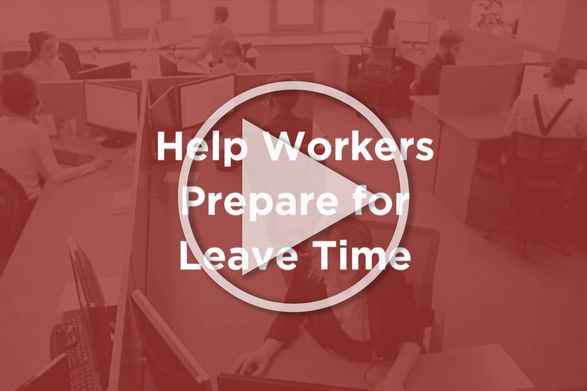Video Transcript:
The vast majority (94%) of full-time, civilian workers in the U.S. receive some paid time off from employers.
Evidence even shows that employers are expanding these benefits.
Thanks to the new tax law, many companies—including Walmart & Starbucks—have increased benefits for workers, including paid leave.
Between 2017 and 2018, the average value of paid leave benefits increased by 4 percent, outpacing the growth of wages.
That’s encouraging. But too many workers, particularly low-wage and part-time workers, still lack sufficient paid time off.
Policymakers can help by embracing reforms that help workers help themselves.
Right now, when millions of people work overtime, they receive extra wages: Instead of getting $10/hr, they get time and a half, or $15/hr.
But not all workers prefer extra pay. Many would prefer additional time off, especially when they have or adopt a baby, or if they have a family member who needs care.
For that reason, policymakers should update the Fair Labor Standards Act to give workers the option to get paid time off rather than extra pay.
That’s an option that public sector employees have enjoyed for decades.
Policymakers should also encourage workers to save for time away from work.
People have long had the chance to save tax-free for critical expenses like education, retirement & health care.
Why shouldn’t they also be able to do this for time away from work?
Rep. Andy Biggs proposes expanding HSAs to allow workers to increase contributions & use funds to replace lost income while off.
Lawmakers could also consider reforms to encourage employers and nonprofits to help fund accounts for low-income workers.
These reforms would increase financial security and make it easier for people, especially hourly and low-income workers, to take leave.
These proposals won’t entirely solve the challenge of ensuring workers have access to paid time off, but they’re important steps in the right direction.
Visit IWF.org to learn more.



